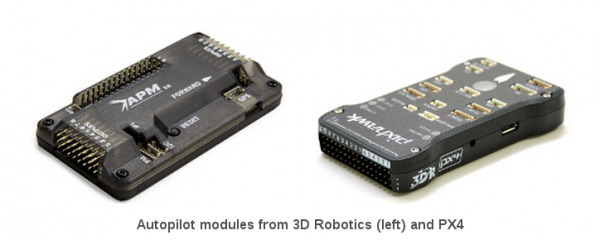Dronecode creates an open source space for UAVs to grow
Aside from smartwatches, the other fastest growing tech obsession is in the field of Unmanned Aerial Vehicles or UAVs, or as they are more popularly, or unpopularly, known, drones. But with every budding technology, there are often many and sometimes competing platforms, systems, software, and players. In order to foster development that is more oriented towards the open source culture, the Linux Foundation got the ball rolling and set up the Dronecode Project to provide the needed organizational and legal structures to support open source UAV efforts.
The Linux Foundation, as its name suggests, is a non-profit consortium that supports the development of the Linux kernel. It is the organization that practically sponsors the work Linux creator Linus Torvalds on the Linux kernel but it has also branches out to other domains. For example, it is one of the backers of the Tizen mobile platform that Samsung is quite intent in pushing to the market. That said, not all of its activities are directly related to the Linux kernel or the operating system, as they also support a broader open source mission as this Dronecode Project exemplifies.
One of Dronecode's key members is 3D Robotics, perhaps most known for its auto-pilot APM platform, formerly known as ArduPilot. APM is based on Arduino, which in turn uses its own Nuttx real-time operating system (RTOS), though 3D Robotics has also been working on getting APM to work on Linux. Another drone autopilot project, PX4, is also onboard. Other members of the project include companies not directly related to UAVs, like Intel and Qualcomm. Quite amusingly, even Chinese search giant Baidu and cloud storage Box are also part of the endeavor.

Dronecode won't be a singular product or brand that end users will see but will instead be akin to a home or playground for UAV companies and those interested in the technology to collaborate and develop. The project will take charge of providing an infrastructure and handling funding for resources so that member projects won't have to worry too much about those aspects and focus instead on working on their software or hardware. At the moment, it seems that most of the focus is on autopilot technology, though it will be interesting to see if this collaborative group will indeed be the seedbed that will foster the growth of open source in the rising UAV field.
SOURCE: Dronecode
VIA: LinuxGizmos
